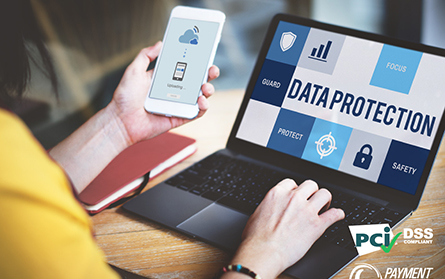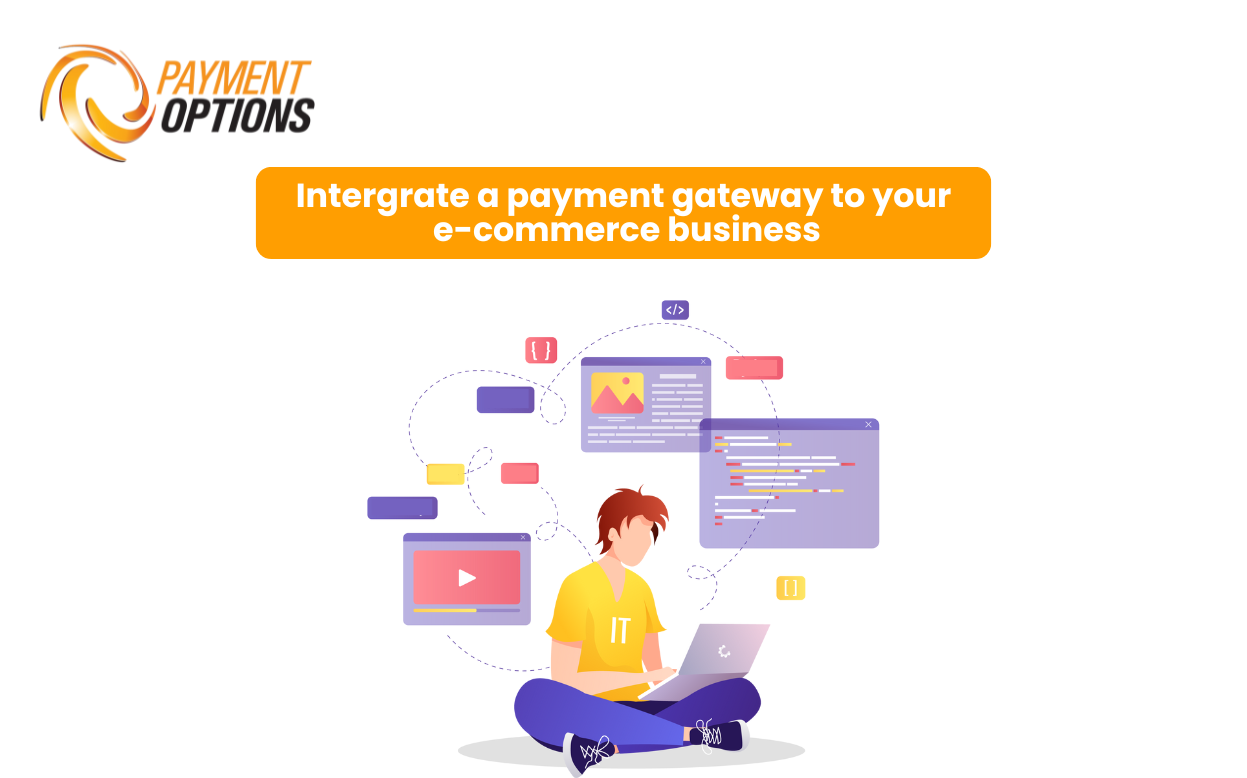Data Security and Protection of a Payment Gateway

The payment gateways have now become a massive industry for online retailers and manufacturers. Companies are looking for a secure, simple, and efficient way to transfer money. Although there has been extraordinary advancement in the implementation of secure payment gateways, there’s also been extraordinary development in the attacks against such technologies. This emphasizes the importance of your data security.
Payment gateway protection specifications have been established to identify and deter these threats, but several businesses are prone to cyber assaults and intrusions. Identifying and preventing payment gateway theft may be complicated, but effective enforcement can avoid loss of revenue and future legal consequences.
There are several tools available in the market which can be used to protect your payment gateway. Keep scrolling to catch more on these tools.
P2P Encryption
Point-to – point encryption (P2PE) is said to be an effective way to protect customer transactions. Digital interaction, which takes place when the consumer swipes, slips, or touches their wallet, leave a retailer susceptible to theft. Safe payment gateways use P2PE to deter attackers from intercepting payment details when they travel from a retailer to a payment processor.
With a payment portal service delivering P2PE, retailers can relax comfortably. This serves to ensure that there is less chance of loss of cardholder details or company credibility in the case of a data compromise, penalties for security violations, and missed income from fraud.
PCI DSS
PCI DSS is the Payment Card Industry Data Security Standard, which is a set of requirements intended to ensure that all companies that process, store, or transmit credit card information maintain a secure environment.
The PCI Protection Standards Council (SSC) lays out stringent guidelines and supporting documents, including specification frameworks, software, metrics, and support services, to help organisations maintain the protection of cardholder details at all times. The PCI DSS is the foundation of the Council, as it offers the required basis for the creation of a full payment card data chain.
Tokenisation
Tokenization replaces the real credit card number with a totally random string of characters, just a one-time transaction framework. This code or “token” cannot be dated directly to the account holder, and the numbers are pointless to anyone attempting to read them without a cryptographic signature.
In the event of a security breach, hackers cannot decode these statistics into actual beliefs, so selecting a payment gateway that provides tokenisation decreases the risk of data theft by the use of stolen information.
Conclusion
Online payments may be challenging to get accurate. There are several elements with responsive and complicated sections, and a small mistake could lead to a loss of customers, penalties, or legal cases. When working to develop an online purchasing platform, you need to have a group that not only acknowledges web security requirements but can build secure elements that incorporate well with your current programs.
Payment options let you switch portion of your development phase to Qualitative research, allowing your team members to focus on the real issues. Our dedicated technical team offers robust growth, testing, and effectiveness and overall services customised to your company. We evaluate the current vulnerabilities in electronic payment gateways to produce applications that defend against today’s hacks while maintaining a constructive approach to tomorrow’s assaults.
Read more on Risk Management & Fraud Protection





